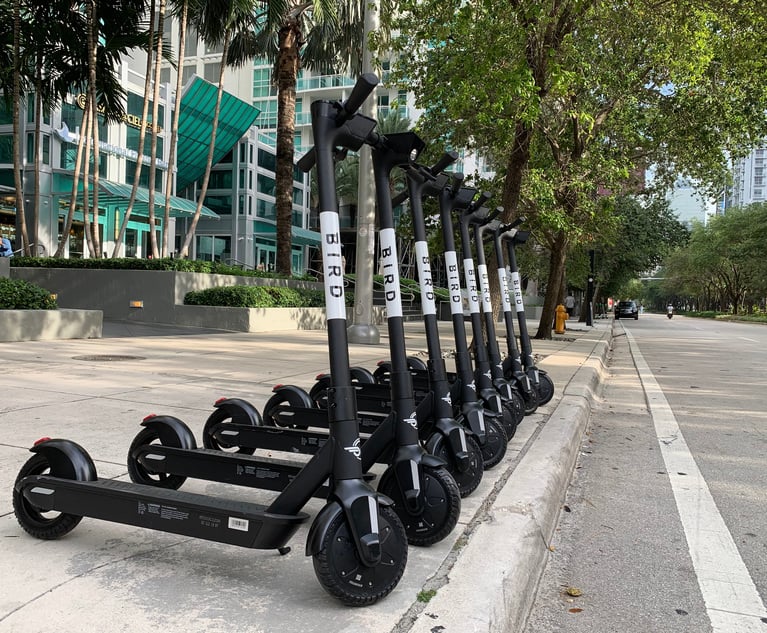 In our April 12, 2017 No-Fault Insurance Law Wrap-Up column, we reported on the split between the Appellate Terms in the First and Second Departments concerning exhaustion of the policy limits, and the recent (at the time) Appellate Term, Second Department decision in Alleviation Med. Servs., P.C. v. Allstate Ins. Co., 2017 NY Slip Op 27097 (App. Term 2d, 11th & 13th Jud. Dists. 2017). A brief refresher is in order.
In our April 12, 2017 No-Fault Insurance Law Wrap-Up column, we reported on the split between the Appellate Terms in the First and Second Departments concerning exhaustion of the policy limits, and the recent (at the time) Appellate Term, Second Department decision in Alleviation Med. Servs., P.C. v. Allstate Ins. Co., 2017 NY Slip Op 27097 (App. Term 2d, 11th & 13th Jud. Dists. 2017). A brief refresher is in order.
The statutorily mandated no-fault policy limits in most automobile policies is $50,000. Optional Basic Economic Loss (OBEL) and Additional Personal Injury Protection (APIP) may be purchased to increase coverage amounts by $25,000 and $50,000. Self-insured vehicles must carry the minimum $50,000 in no-fault benefits. The No-Fault Regulations, specifically 11 NYCRR 65-3.15, provide the order in which claims should be paid when a policy is at or near exhaustion:
When claims aggregate to more than $50,000, payments for basic economic loss shall be made to the applicant and/or an assignee in the order in which each service was rendered or each expense was incurred, provided claims therefor were made to the insurer prior to the exhaustion of the $50,000. If the insurer pays the $50,000 before receiving claims for services rendered prior in time to those which were paid, the insurer will not be liable to pay such late claims. If the insurer receives claims of a number of providers of services, at the same time, the payments shall be made in the order of rendition of services.






